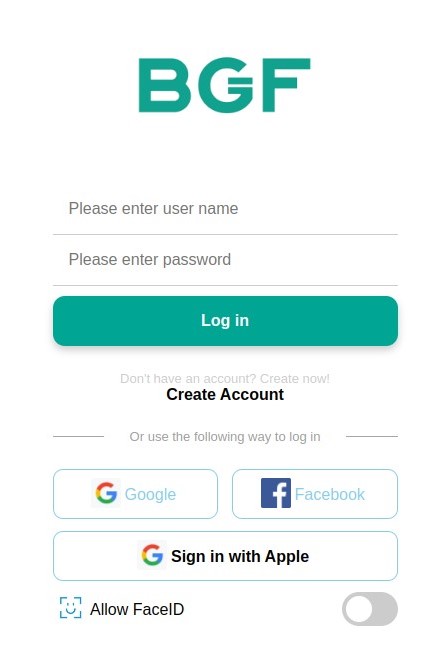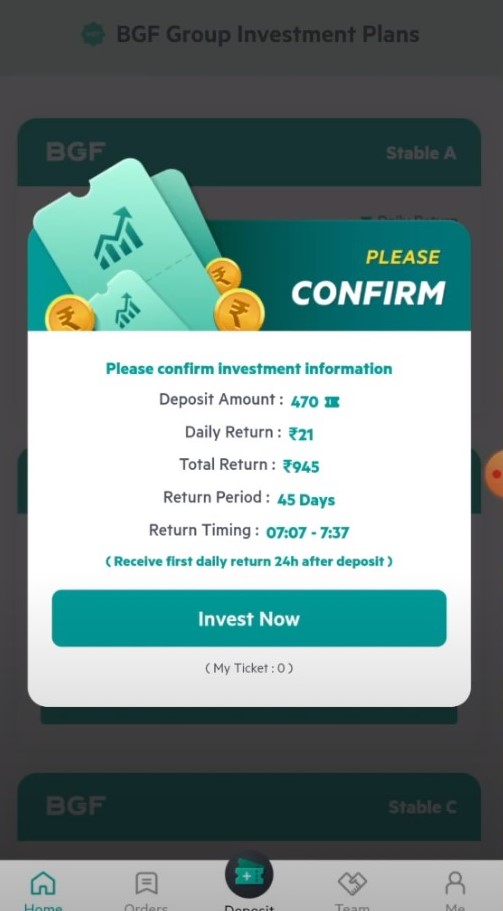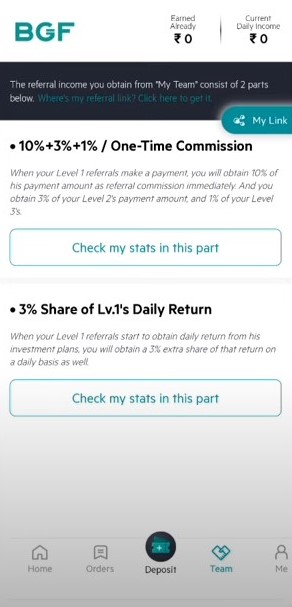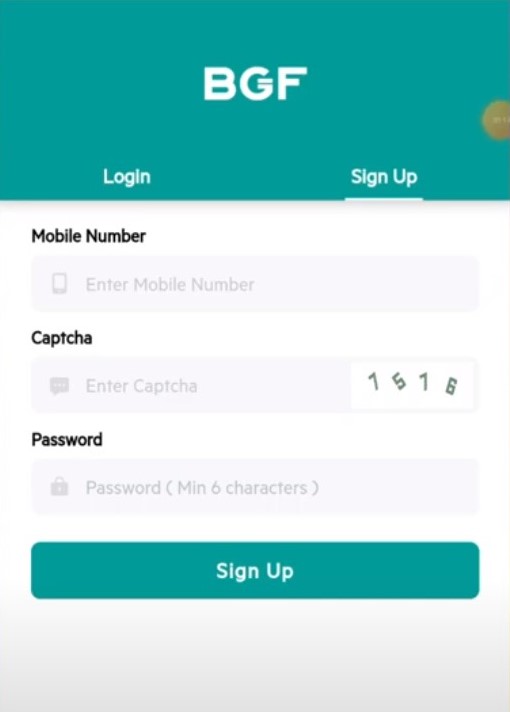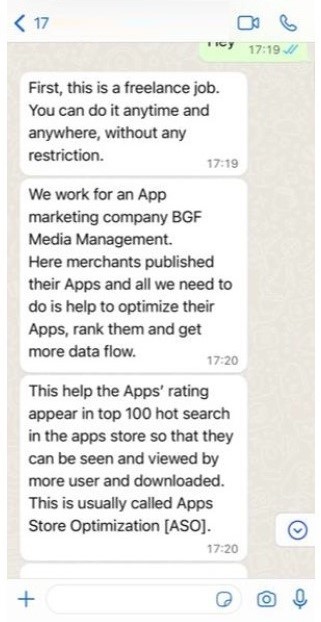Brand misuse
We have recently been made aware of a campaign that is placing our brand on an App Monetisation and Crypto Scheme, WhatsApp messages and emails. We are also aware of people being contacted from email domains that resemble ours, which copy the names of our investors and/or link to our employees’ LinkedIn profiles. These are not legitimate schemes, and you should not participate in them. BGF never conducts business communications via WhatsApp.
If you believe you have been the victim of a scam or fraud, we strongly recommend you contact the police in your country or region. In the UK, please contact ActionFraud and the FCA. They may be able to help you identify the perpetrators and recover any lost monies. You should also speak to your bank or card provider regarding your transactions in case they can recover the funds.
Scam examples
Below are some examples of the scams, fraudulent WhatsApp communications, apps and company certifications that we have been made aware of. Click to magnify.
We value the importance of trust, security and authenticity in all our digital interactions.
As such, we have created guidance to help any business or individual that might come into contact with BGF remain vigilant about the ongoing threat of phishing and misinformation. Sadly, threats of this kind have become a recurring issue for businesses globally.
We want to empower you with the knowledge to protect yourself.
Here are some of the key things to be aware of when interacting with digital communications that appear to be from BGF:
1. Verify the email address
Often, phishing emails come from an address that resembles a legitimate one. Always check the email address of the sender. Our emails will always come from an address that ends with “@bgf.co.uk” , “@bgfireland.ie” or “@bgffoundation.org.uk” . If the address is different, please be cautious.
2. Look for spelling and grammar errors
Communications from BGF are professionally written and checked for spelling and grammatical errors. Fraudulent emails often contain such errors, which may be a sign of a scam.
3. Secure websites
Check for the padlock.
Our official website uses the secure protocools – our URLS start with “https//” and display a padlock symbol in the browser’s address bar. If you don’t see this on the website that looks like ours , it might be a phishing site.
4. Check the links
Hover over any links without clicking on them.
This allows you to see the URL where the link will take you. Be suspicious if the domain name is not one associated with our authorised company website (bgf.co.uk) or it seems unusual in any way.
5. Request for personal information
BGF will never ask for your personal information, such as passwords or bank details, via email. Any communication requesting such information should be viewed as a potential scam or even an attempt to extort money or information.
6. Offer of investment
While we do contact businesses via email to understand their growth ambitions, we do so professionally and will always follow a rigorous process, including face-to-face contact, before agreeing any terms of Investment. If you receive unsolicited emails offering immediate investment or requesting confidential information about your company then please be cautious.
7. Unsolicited attachments
Be wary of unexpected or unsolicited attachments. These may contain malware that can harm your computer. We typically provide information directly in our emails or through secure links to our website.
8. Trust your instincts
If an email or message feels too good to be true, it probably is.
Trust your instincts and don’t engage.
If you receive a suspicious email purporting to be from one of our investors, you can find the profile of this investor on our team page and their email address should end with @bgf.co.uk or @bgfireland.ie – if you have any concerns you can contact the phone number for their local office to clarify.
Example of a malicious impersonation of BGF:
A fraudulent company attempts to impersonate BGF’s Talent Network with the aim of deceiving businesses that are likely to be seeking investment.
This fraudulent activity may include:
-
The creation of unauthorised web pages designed to impersonate our services.
-
Impersonation of BGF investors through unauthorised linking to their LinkedIn profiles.
-
The unauthorised use of our brand within these fraudulent pages and emails to scam or extort money or information.
-
The illegal distribution of misleading emails claiming to be from BGF investors.
9. Report if you have suspicions
If you receive a suspicious email or WhatsApp message that appears to be from us, please do not click any links, open attachments, or reply to it. Instead, please let us know by completing the form below. Provide as much information as possible, such as the full email address of the sender, any phone numbers used to contact you, the websites or domain names you’ve been asked to visit, and any other information that you think is useful.
Additional resources
For more information on how to protect yourself from phishing and other online scams, you can read these resources:
-

The NCSC provides cyber security guidance and support.
Find out more -

Action Fraud is the UK’s national reporting centre for fraud and cyber crime.
Find out more -

Get security info and tips about threat prevention and detection.
Find out more
